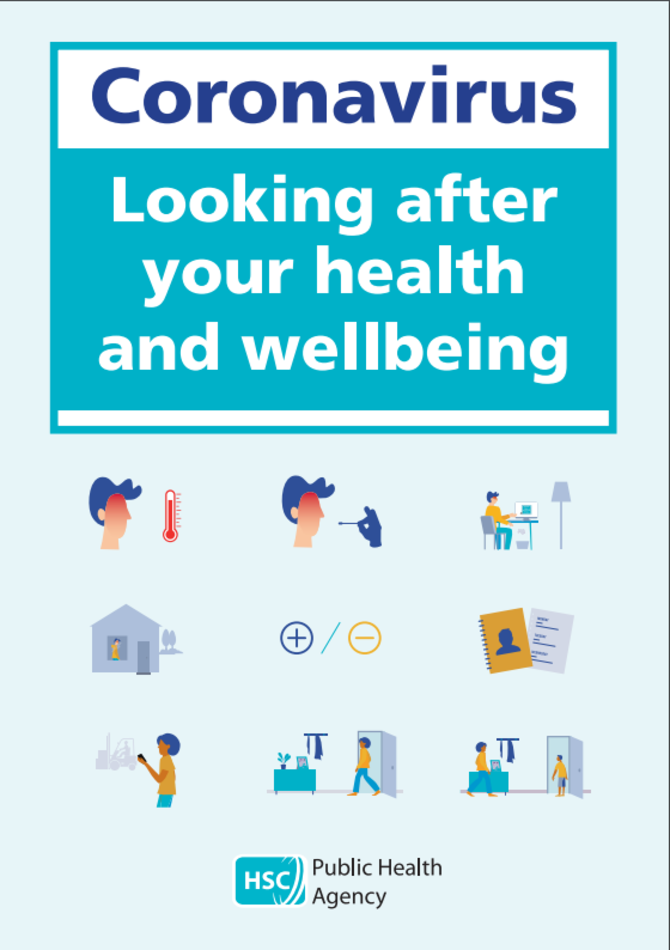Strangford
MP Jim Shannon has thanked community pharmacists for their continued dedication
during a visit to a Gordons Chemists in Newtownards.
John
Clark, General Manager with Gordons Chemists welcomed Mr Shannon’s visit on
Friday to highlight the important role local pharmacists played in the safe
supply of medicines and provision of professional medical advice during the
first wave of the pandemic.
The
MP heard how community pharmacies remained open throughout the crisis to ensure
that patients were supported even at the height of the pandemic.
Mr.
Shannon also heard about the development of new and existing services in local
community pharmacies such as the flu vaccination service, emergency supply of
medicines, smoking cessation services and the minor ailments service.
Speaking
at Gordons Chemist, Jim Shannon MP said:
“I
was very pleased to visit Gordons Chemists in Newtownards today to thank John, Melissa
and the team for their commitment and hard work during the pandemic.
“Community
pharmacy teams have played a vital role in public health from the very
beginning of the pandemic. They stood-up to the pandemic to provide primary
care, ensuring essential medicines were delivered and access to healthcare was
available to all within the community.
“The
support provided by community pharmacies like Gordons will continue to be
crucial as we move towards a second wave. Having these services available on
our doorstep means the most vulnerable in our society can be cared for without
having to attend their GP or other busy healthcare settings.
“The
face-to-face nature of community pharmacy allows patients to know their
pharmacy staff, making them feel safer and more cared for, especially in
uncertain times like the pandemic. Our role now is to work with our community
pharmacies to ensure they are supported in the long winter months.”
Melissa
Ferguson Pharmacy Manager from Gordons Chemists said:
“We
welcomed the opportunity to meet with Jim Shannon MP today and talk about
community pharmacy’s response to this health crisis.
“The
pandemic meant the day to day routines of our team needed to change, with
longer hours, new services and the implementation of new procedures to protect
both the public and our staff. Thanks to the dedication and commitment of our
team, we were able to remain open for the duration of the first wave.
“Our
team adapted quickly, understanding our role was to ensure the safe supply of
medicines and advice to patients at all times, so that they could manage their
conditions at home and keep further pressures away from our hospitals as much
as possible.
“The
winter months will mean a further demand of much needed community services
including flu vaccination, which will be essential in protecting our NHS staff
and the public. Therefore, careful planning and the continued accessibility of these
services will be vital in the protection of the health and wellbeing of our communities
this winter.”



